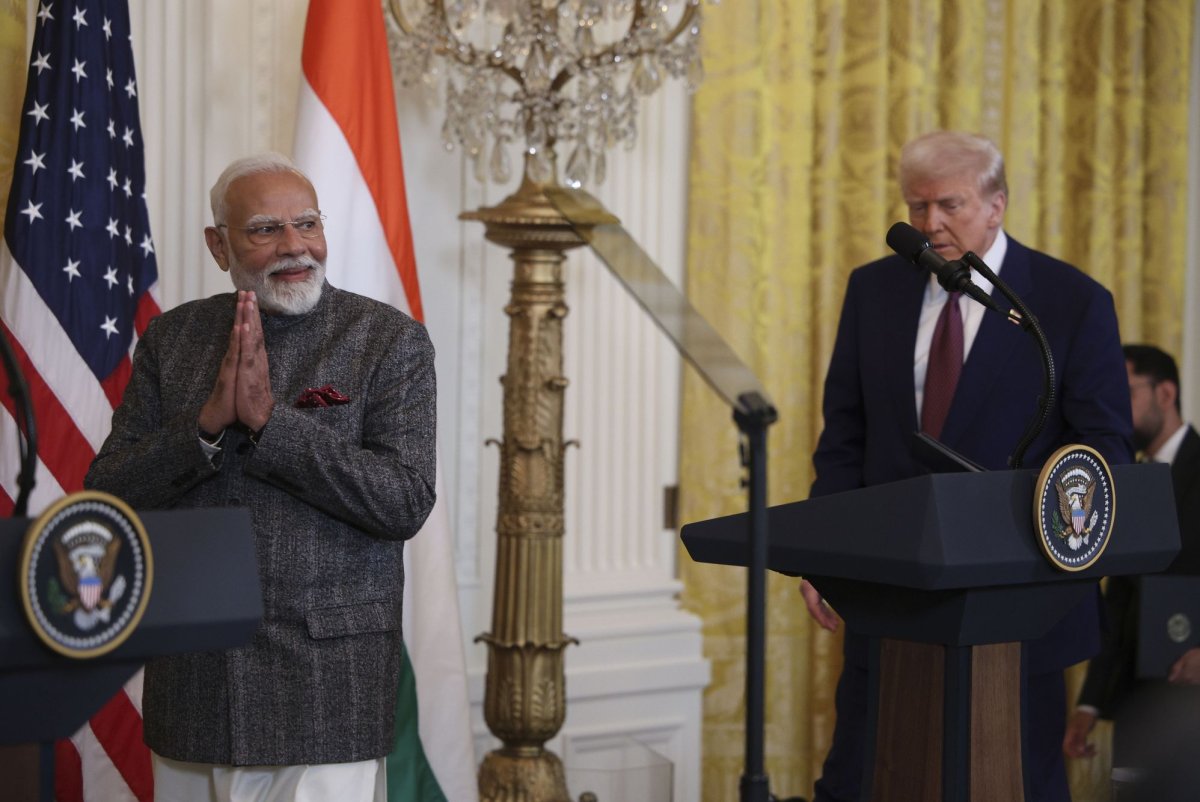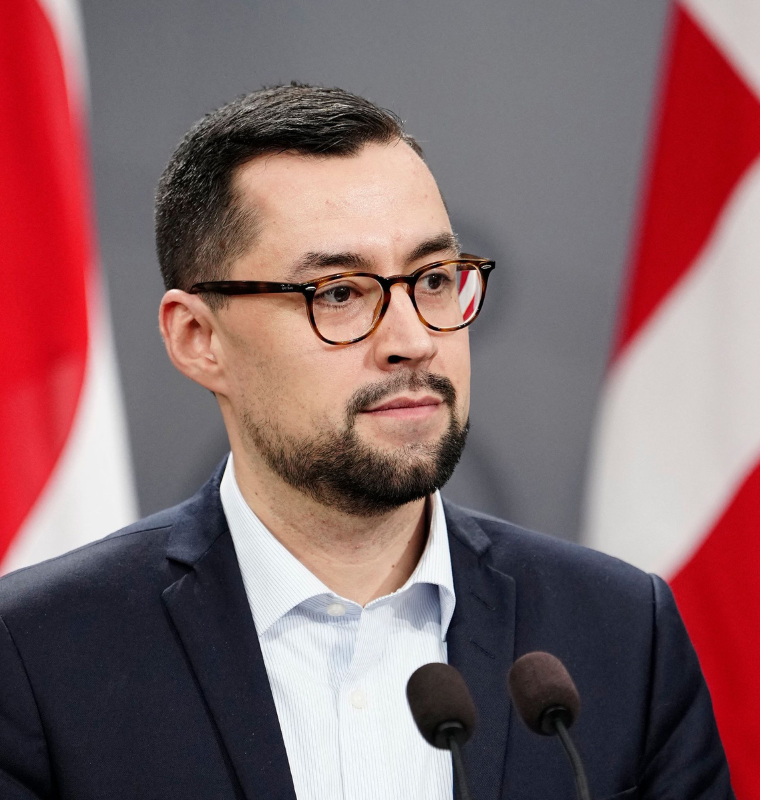Trump Claims Modi Vowed to End Russian Oil Imports, But Implementation Timeline Remains Unclear
Trump Claims Modi Vowed to End Russian Oil Imports, But Implementation Timeline Remains Unclear
By
Leah Rosenfeld
Last updated:
October 16, 2025
First Published:
November 30, 2025

Photo: UPI
U.S. President Donald Trump announced on Wednesday that Indian Prime Minister Narendra Modi has pledged to halt India’s purchases of Russian oil—a move the White House considers critical to tightening sanctions pressure on Moscow. However, Trump acknowledged that the shift will not happen overnight, signaling a gradual phase-out rather than an immediate stop.
“Prime Minister Modi assured me today that they will not be buying oil from Russia,” Trump said during a press briefing in the Oval Office. “That’s a big stop. Now we’ve got to get China to do the same thing.”
The comments highlight a key tension in U.S.-India relations: balancing Washington’s foreign policy objectives against New Delhi’s need for affordable and stable energy supplies.
Washington Presses for Reduced Russian Energy Dependence
Trump criticized India’s continued imports of Russian crude, arguing that the purchases help fund what he called Moscow’s “ridiculous war” in Ukraine. “If India doesn’t buy Russian oil, it makes ending the war much easier,” Trump stated.
However, he also confirmed that India’s shift away from Russian oil “will take a little bit of a process,” without offering a firm timeline. The U.S. president emphasized that Washington wants cooperation, not confrontation, as both nations navigate energy and trade tensions.
India, for its part, defended its energy policies, stating that decisions on imports are made with the goal of protecting domestic consumers. “Our priority is to safeguard the interests of the Indian consumer in a volatile energy scenario,” said Randhir Jaiswal, spokesperson for India’s Ministry of External Affairs.
He added that India’s energy policy is guided “entirely” by this goal, pointing to the country’s long-standing efforts to diversify its energy partners and increase trade with the U.S. “This has steadily progressed over the last decade, and discussions on deepening cooperation are ongoing,” Jaiswal noted.
India’s Russian Oil Dependence
India has become one of the largest buyers of Russian oil since Western sanctions reshaped global energy flows following Moscow’s 2022 invasion of Ukraine. Data from energy analytics firm Kpler shows Russia exports roughly 3.35 million barrels of crude oil per day, with India importing about 1.7 million barrels—roughly half of Russia’s Asian exports—while China purchases about 1.1 million barrels daily.
Despite U.S. pressure, Indian officials have consistently argued that their purchases contribute to global price stability. In July, India’s Energy Minister Hardeep Singh Puri told CNBC that India’s decision to continue buying Russian oil prevented global crude prices from skyrocketing.
“If countries had stopped buying Russian oil then, prices could have soared to $130 a barrel,” Puri said. “We were encouraged by many partners, including the U.S., to buy Russian crude—within the price cap.”
The Role of Price Caps and Energy Market Volatility
Since December 2022, the G7 and European Union have imposed a price cap of $47.6 per barrel on Russian crude exports to limit the Kremlin’s revenue and weaken its ability to fund the war in Ukraine. The measure allows countries like India to continue purchasing Russian oil legally, provided they adhere to the cap and use Western shipping and insurance services.
Meanwhile, oil prices remain volatile amid geopolitical uncertainty. On Thursday, Brent crude futures rose 0.82% to $62.43 per barrel, while U.S. West Texas Intermediate (WTI) climbed 0.89% to $58.79 as traders reacted to Trump’s remarks and potential supply adjustments from major buyers like India and China.
Trade Frictions Resurface
Energy cooperation isn’t the only friction point between the two nations. In August, Trump raised tariffs on Indian goods by an additional 25%, bringing total duties to 50%, in response to what he described as unfair trade practices. India, in turn, has criticized Washington for maintaining its own indirect commercial relationships with Russia while pressing others to cut ties.
Still, both sides have stressed the importance of maintaining a strong strategic partnership. With India serving as a crucial counterweight to China in Asia, Washington continues to balance pressure with pragmatism.
The Road Ahead
India’s potential reduction in Russian oil imports could reshape global energy markets, redirecting trade flows toward the Middle East and the United States. However, energy analysts caution that the shift will depend on whether India can secure alternative supplies at competitive prices—and whether global markets can absorb the change without price spikes.
While Trump’s announcement signals diplomatic progress, it remains unclear when India will fully disengage from Russian crude. Until then, New Delhi continues to walk a tightrope—balancing its energy security needs, consumer interests, and global diplomatic pressures in an increasingly polarized world economy.
Popular articles
Subscribe to unlock premium content
Snow, Silence, and Splendor

The $60 Million Market for Ultra-Exclusive Executive Pop-Up Experiences

Conquering the Poles in Absolute Luxury

Snow, Silence, and Splendor

The $60 Million Market for Ultra-Exclusive Executive Pop-Up Experiences

Snow, Silence, and Splendor









